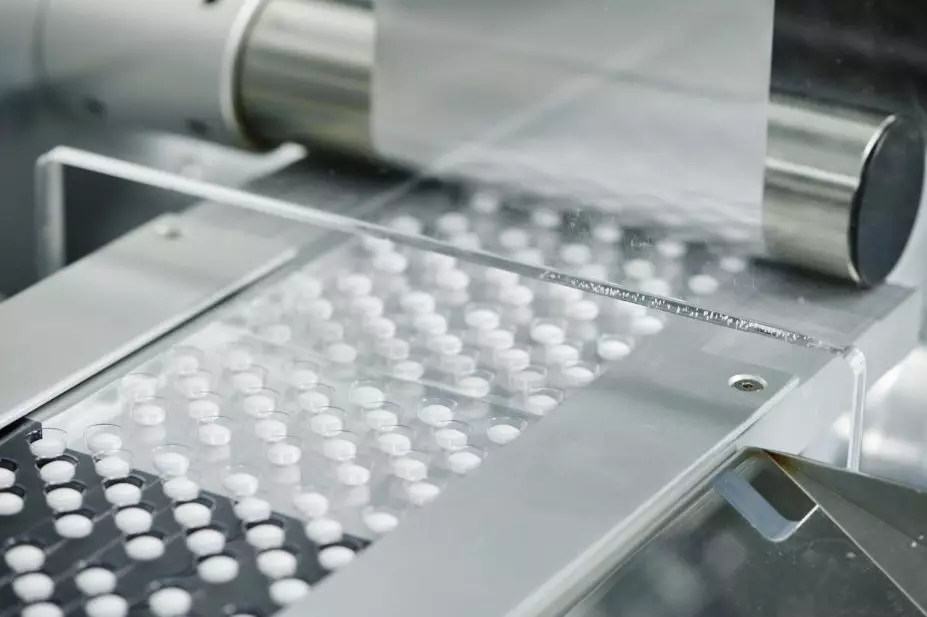
Shutterstock.com
The British Generic Manufacturers Association (BGMA) is in talks with the government over incentivising drugs firms to obtain active pharmaceutical ingredients (APIs) from more than one source in an effort to avoid future supply problems.
Warwick Smith, director general of the BGMA, told The Pharmaceutical Journal that the trade body was “intensively” discussing measures with the government that would make it easier for companies to diversify their API production.
It comes after critical care medicines — such as atracurium and cisatracurium — faced supply issues in April 2020 because of significantly increased demand from COVID-19 patients, with the Royal College of Anaesthetists forced to issue guidance that provided alternative medicines to those that were out of stock.
Smith said the demand meant that “one company with one product, [sold] what they would normally sell in 12 months in two weeks, and they only manufacture one batch a year”.
“What wasn’t appreciated at the time is that the volumes [of intensive care medicines] that are typically used are quite low,” he said, adding that this means there are “comparatively few suppliers of those medicines”.
Some manufacturers responded by halting production of other medicines to produce those that are more urgently needed, while one company “changed the production from mainland Europe to the UK for one product because that made them respond more flexibly,” he said.
Manufacturer Accord Healthcare told The Pharmaceutical Journal in May 2020 that it had plans to move production of hydroxychloroquine — which was being trialled as a COVID-19 treatment at the time — to the UK from abroad to combat potential shortages.
However, Smith said shoring up supply chains is more “nuanced” than building more factories in the UK.
“In fact, if all the factories were in the UK and the UK had a problem, that will be no use at all. What we need is diversity,” Smith explained.
“The concentration of API supply over the years is a greater risk to resilience of the generics supply chain than having manufacturing plants in other parts of the world,” he added, noting that “around a quarter of all generic medicines used in the UK are made here, but the supply of API is focused in places such as Italy, China and India.”
In August 2019, The Pharmaceutical Journal revealed that half of all safety warnings issued by European and US drug regulators are issued to drug manufacturers in India and China, raising concerns about the fragility of the global supply chain.
When asked whether companies were now looking at diversifying their API production, Smith said the BGMA was “talking to the government quite intensively about trying to get a programme of measures, which would make it easier for companies to do that”.
Smith clarified that these measures “could be government incentives to encourage manufacturers to have more than one API supplier and manufacturing location”.
“Hospitals buy the cheapest product, but it costs money to have more than one API supplier on your licence, so maybe we need to look at procurement and invest more in companies that have got more resilient supply chains,” he said.
“If it’s just about price, you’ll get cheap medicines, but when the excrement hits the air conditioning you might find we’re less able to step up than if we’d had a broader view of value.”
Responding to Smith’s comments, a spokesperson for the Department of Health and Social Care said: “We have robust systems in place to prevent and manage medicine shortages and we are constantly looking at ways to further enhance the resilience of supply chains.”
In July 2020, it was announced that the government had launched ‘Project Defend’, led by the Department for International Trade, “to identify vulnerabilities in global supply chains”.


